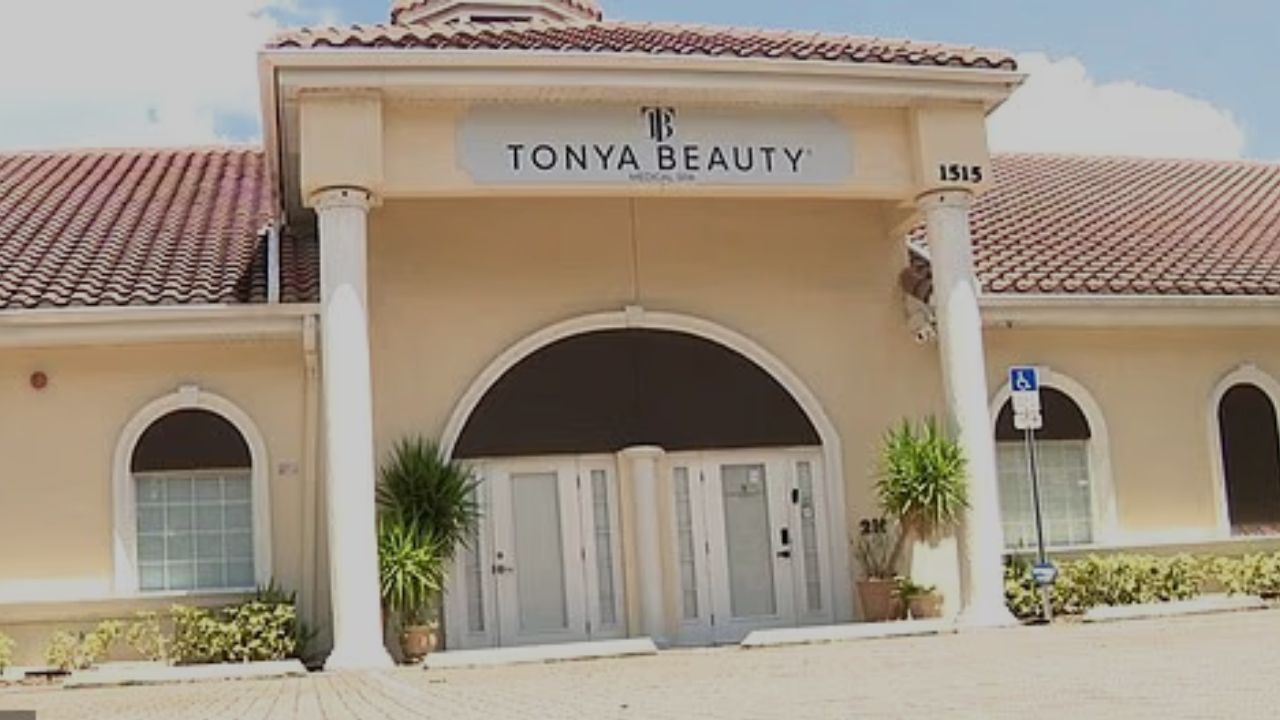INDIANA — As housing costs continue to rise in many parts of the country, renters in Indiana are taking a closer look at their rights when it comes to rent increases. While the Hoosier State allows landlords significant flexibility, there are important notice and lease-related rules that tenants should know in 2025.
Indiana does not impose rent control or any cap on how much a landlord can raise the rent. However, proper notification is required, and landlords must wait until the appropriate time in a lease term to enforce any increase.
No Rent Control in Indiana
Tenants in Indiana should be aware that the state has no statewide rent control laws. That means:
- There is no legal limit on how much a landlord can raise your rent.
- Rent hikes can occur at lease renewal, but not during a lease unless agreed upon in writing.
- Local governments are not allowed to enact their own rent control policies.
“Indiana maintains a landlord-friendly legal environment, offering broad authority when it comes to rent pricing,” states Huron Insider.
Required Notice Before Rent Increase
While there’s no cap on the amount, landlords must provide advance notice before implementing a rent hike:
- For tenants on a month-to-month lease, the landlord must provide at least 30 days’ written notice before a rent increase can take effect.
- For tenants with a fixed-term lease (e.g., 6 or 12 months), rent can only be increased at the end of the lease term, unless the lease explicitly allows for mid-term adjustments.
All notices must be in writing. Verbal communication is not considered legally valid.
Read Also: Rent Hikes in Alabama 2025: Legal Limits, Notice Requirements & Protections
When Is a Rent Increase Legal?
A rent increase is considered legal in Indiana if it follows the basic guidelines:
- Occurs at the end of a lease term (unless otherwise specified)
- Includes proper written notice
- Is not implemented in a retaliatory or discriminatory manner
A rent hike in response to a tenant’s complaint about unsafe housing conditions or request for repairs could be viewed as retaliation, which is not allowed under Indiana law.
No Local Ordinances Allowed
Some renters may assume their city or county can help regulate rent, but Indiana state law prohibits local municipalities from establishing their own rent control rules.
That means cities like Indianapolis, Fort Wayne, and Bloomington must all adhere to the same state-level policy: no rent caps and no local authority to create them.
How Tenants Can Protect Themselves
Tenants facing a rent increase in 2025 should take the following steps:
- Review the lease agreement to confirm rent increase terms
- Ask for written documentation of any proposed rent hike
- Compare new rates to other rental listings in the area
- Seek legal aid if a rent increase seems retaliatory or discriminatory
- Track all communications with the landlord, especially regarding repairs or complaints
Have you received a rent hike in Indiana this year. Join the conversation and share your experience at newyorkdailygazette.com — your voice could help others better understand their rights.








